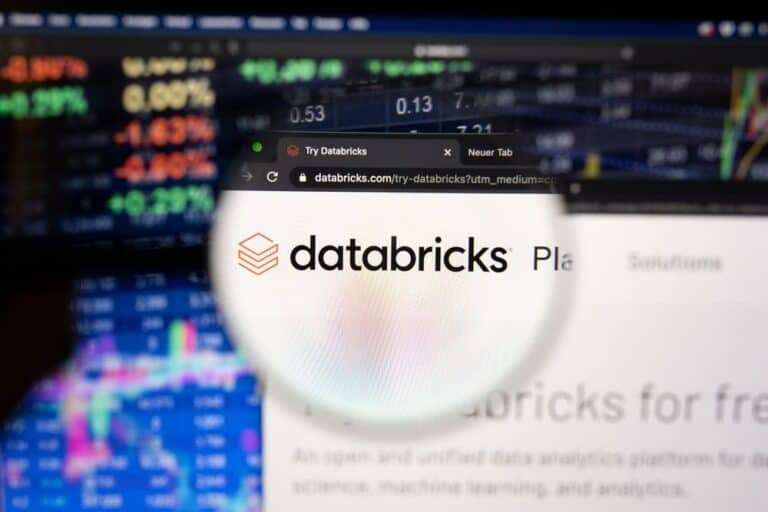Despite a major investment in OpenAI, Microsoft is looking for more partners to develop AI. The Redmond-based company has a license to use OpenAI technology for its own software suite, but wants to make it possible for other companies to create their own AI tools. To do so, it is joining forces with Databricks, leaving its options open for the future of AI.
The Information reports that a Databricks application will appear on Azure that is set to offer tools for developing AI. Companies can use it to build an LLM for their own use case, deploying a dataset from within the company. It builds on existing initiatives within Databricks, such as Dolly 2.0, an open-source LLM that serves as an alternative to OpenAI’s GPT model.
Internal and external
There are roughly two paths that the development of generative AI is taking: one that focuses on monolithic AI models such as GPT-4 and another that relies on open source. In the latter case, the underlying model is customizable as desired, with the assurance that the dataset used does not violate copyright or privacy rights. For LLMs such as GPT-4, unresolved issues surrounding compliance still prevail: Italy had temporarily banned ChatGPT out of privacy concerns, while numerous companies ban it for their employees.
Despite all these concerns, OpenAI’s models are still going strong and support just about the entire Microsoft 365 suite of AI assistance tools. In other words, the Redmond tech giant has wholeheartedly partnered with OpenAI for its own software suite. The same does not seem true for what it wants to offer other organizations. Those who deploy the AI capabilities of the Office package use OpenAI technology, for example, but cannot tinker with the AI themselves. Microsoft does want to make that possible with a new Databricks product, which leaves us to wonder which way the tech giant wants to go with AI in the longer term.
Competition
One might be tempted to think that generative AI can continue to live side by side in these two forms. After all, OpenAI supports other parties’ AI functions through various partnerships, such as with Salesforce, Carrefour and, most recently, Rakuten. Yet an insider at Google apparently saw it differently in May, placing itself and OpenAI in direct competition with the open source community.
The danger for OpenAI is that parties like Databricks will win this battle because that form of LLMs are more malleable to the needs of each individual organization. If Microsoft gets behind that as well, it may well wonder how long it will be before the tech giant looks in that same open-source direction to build its own AI models. Currently, it seems that the Microsoft management is betting on two horses for a while longer.
Also read: AI training over data privacy: Microsoft and Zoom get caught
